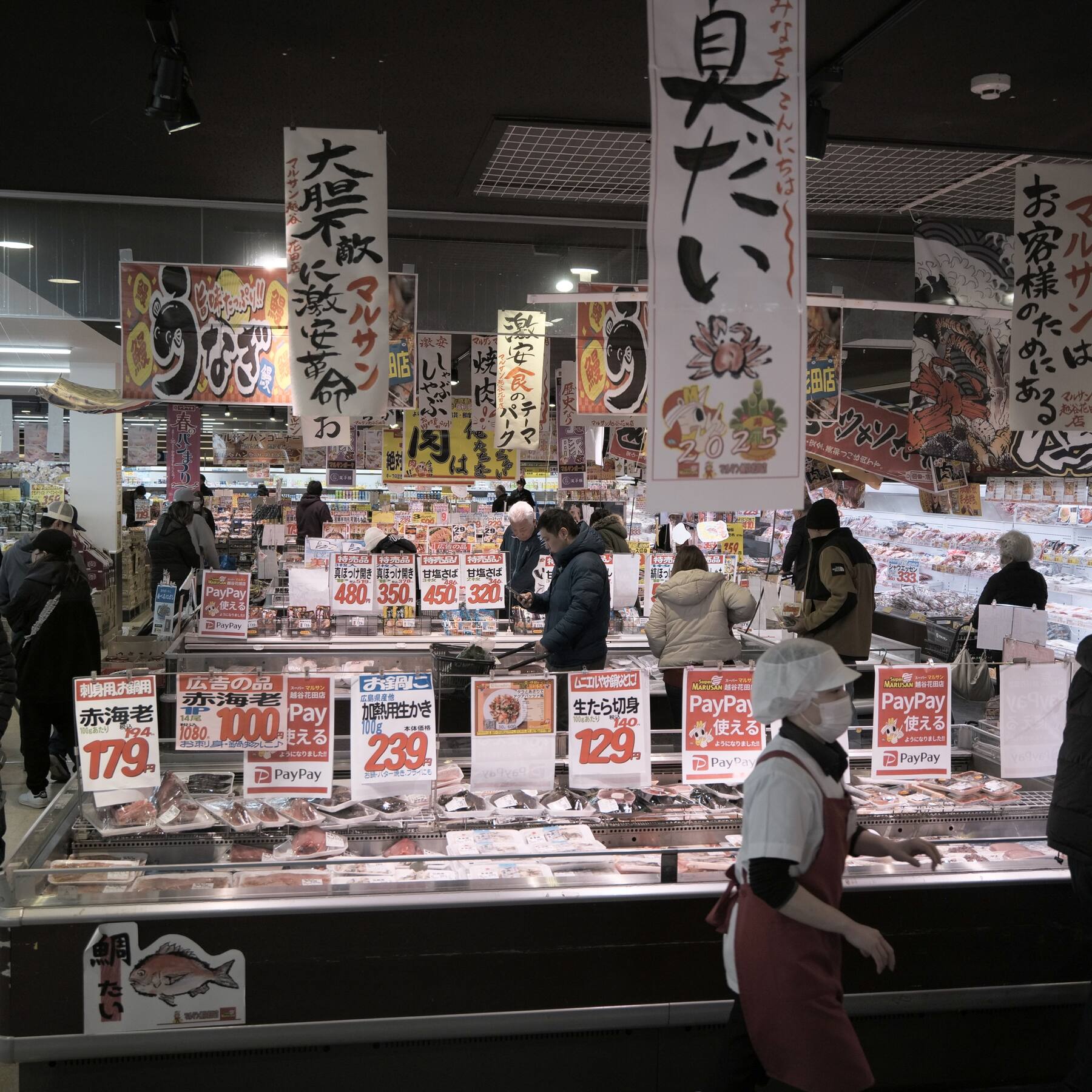In a shocking display of economic aggression, President Donald Trump is set to escalate trade tensions with Japan, threatening to impose a staggering 25% tariff on Japanese automobiles unless the country agrees to import more U.S. rice. This ultimatum comes as Japan grapples with a severe rice shortage, raising serious questions about the implications of Trump"s trade strategies on global food security and international relations.
Trump"s Ultimatum to Japan
On June 30, Trump took to his platform, Truth Social, to voice his grievances about Japan"s reluctance to import American rice. He stated, “I respect Japan greatly, but they are facing a huge rice shortage and still refuse to buy our rice.” This rhetoric is not just about rice; it’s emblematic of a broader strategy to exert influence through economic coercion.
Implications for U.S.-Japan Relations
This latest threat comes after multiple rounds of negotiations between the two nations. Japan has historically maintained strict protections for its rice market, leading to a near-total ban on imported rice for decades, according to USDA reports. Trump"s aggressive stance could jeopardize decades of diplomatic relations, risking retaliation from Japan that may involve countermeasures against U.S. agricultural products.

Visit Tokyo Metropolitan Government Building in Tokyo | Live ...
Domestic Consequences in Japan
The Japanese government has signaled its intent to protect its agricultural sector, with officials stating they will not sacrifice local farmers in exchange for trade concessions. As reported by Reuters, Japan"s Chief Cabinet Secretary Yoshihide Suga emphasized that maintaining the integrity of the agricultural sector is paramount. This reflects a broader concern over food sovereignty, particularly in a country where rice is not just a staple food but a cultural icon.
Potential Fallout for U.S. Farmers
Trump"s tactics could have unintended consequences for American farmers. If Japan retaliates, U.S. exports could plummet, exacerbating the economic challenges already faced by farmers in the current climate of rising costs and market volatility. The U.S.-Japan Trade Agreements and Negotiations have shown that Japan has previously agreed to reduce tariffs on various agricultural products, but this aggressive maneuver could unravel those gains.

Soaring prices, empty shelves as Japan"s rice shortage crisis ...
Global Trade Dynamics at Stake
This trade conflict is not isolated; it reflects a growing trend of using tariffs as a bargaining chip in international negotiations. The implications extend beyond rice and automobiles, as other nations watch closely to see how this situation unfolds. The Trump administration"s approach, characterized by a unilateral insistence on American interests, could fundamentally alter the landscape of global trade agreements and partnerships.



![[Video] Gunfire between Iraqi security forces and Sadr militias in Baghdad](/_next/image?url=%2Fapi%2Fimage%2Fthumbnails%2Fthumbnail-1768343508874-4redb-thumbnail.jpg&w=3840&q=75)
